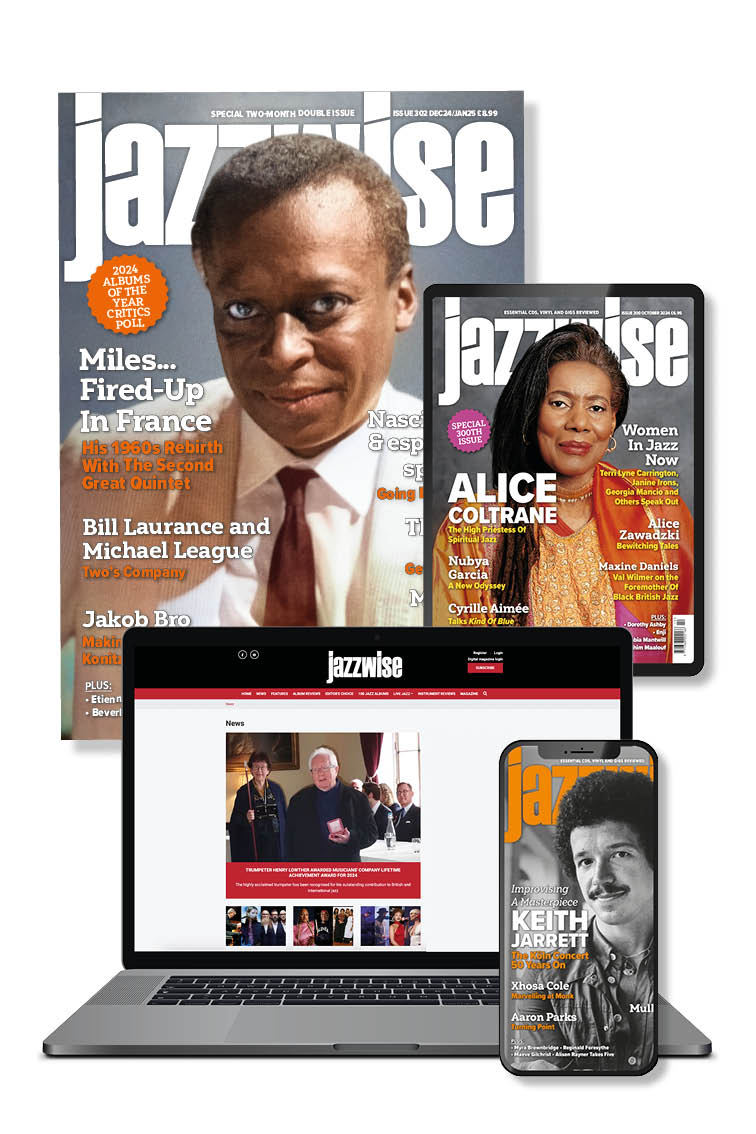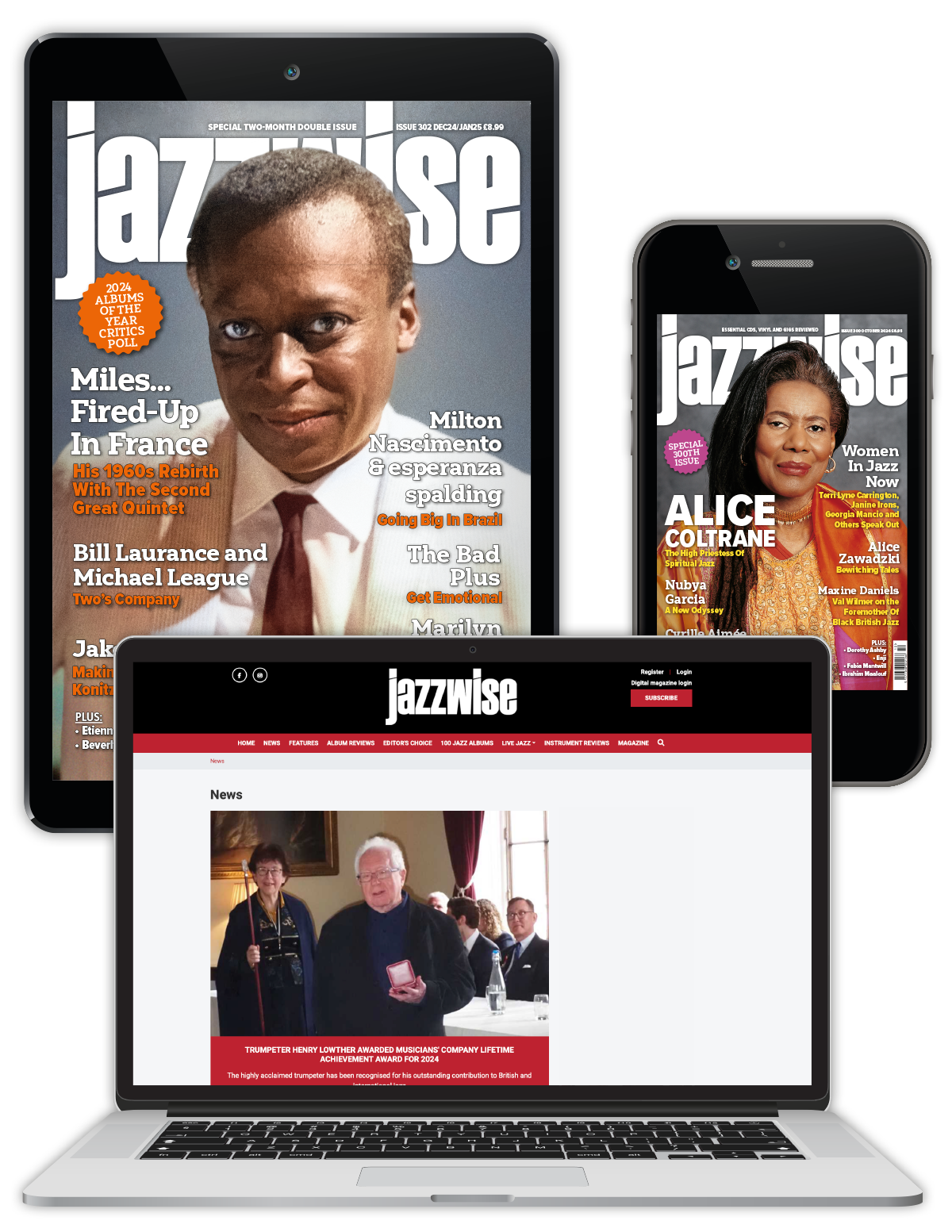Album Interview: Fatoumata Diawara: Fatou
Author: Jane Cornwell
View record and artist detailsRecord and Artist Details
Musicians: |
Leon Richard |
Label: |
World Circuit |
Magazine Review Date: |
October/2011 |
RecordDate: |
2010 |
The Malian singer/songwriter and former backing vocalist Fatoumata Diawara – aka Fatou – is currently making waves with her sweet-voiced Afro-pop. An erstwhile film and theatre actress who skipped into music after being overheard singing in her dressing room, the Paris-based Fatou had sung back-up with everyone from Cheikh Lô to Orchestre Poly-Rythmo de Cotonou before her friend Rokia Traoré encouraged her to take up guitar and Oumou Sangare introduced her – Mama Africa-style – to World Circuit and voila! This gem of a debut features a swathe of catchy, good-natured tunes with often hard-hitting subject matter: war. Prejudice. The African practice of giving children away to be brought up by relatives (as indeed, Fatou was); and on opener ‘Kanou’, an album highlight, the heartache of a break-up. Subtle yet clever arrangements and instrumentation ensure crossover potential: African music lovers will rejoice at the arrival of a new diva. Jazz fans may be drawn by the presence of Seb Rochford on drums and, despite the French and Bambara lyrics, the Billie-like quality of Fatou’s voice. Indie, rock, mainstream, and folkies too, will go wild. Get used to the name – it’ll be a household one.
Jazzwise talks to Fatou Diawara about her album
Tell me about the songs ‘Sowa’, ‘Clandestine’ and ‘Kele’:
‘Sowa’ is about adoption. In Africa many people give their children away for different reasons. I had this experience. The composition is more modern; at the time I was surrounded by a lot of hip hop. ‘Clandestine’ was inspired by the idea of travel and how some people are forbidden to; I was on tour with Dee Dee Bridgewater when I wrote this. ‘Kele’ is about war. I can’t understand war. My work is to give love, love, love.
How has jazz informed Fatou?
Nina Simone’s ‘I Love You Porgy’ was a revelation. I understood I could mix old and new styles; the traditional Wassoulou sound with the modern. And Seb Rochford is on the album. Jazz has influenced the record a lot.
Can you tell me about your writing process?
I write everywhere. I find the melody first. Then I choose a subject – love, sex, war, peace – and develop that. Travelling, especially on a train, gives me a lot of inspiration. Sometimes at night a melody wakes me up.
How much do you feel you are a role model for Malian women?
Being an actress in Mali at a young age was very difficult but I did it and I want other women to know that things like this are possible. I want to continue what Oumou Sangare, Miriam Makeba and Angélique Kidjo started.
What artists are you listening to now?
I’ve been listening to Dimi Mint Abba and Nusrat Fateh Ali Khan recently. Their voices are full of love, and very spiritual. Our generation often lacks this spiritual element in its music.

Jazzwise Full Club
- Latest print and digital issues
- Digital archive since 1997
- Download tracks from bonus compilation albums throughout the year
- Reviews Database access
From £9.08 / month
Subscribe
Jazzwise Digital Club
- Latest digital issues
- Digital archive since 1997
- Download tracks from bonus compilation albums during the year
- Reviews Database access

